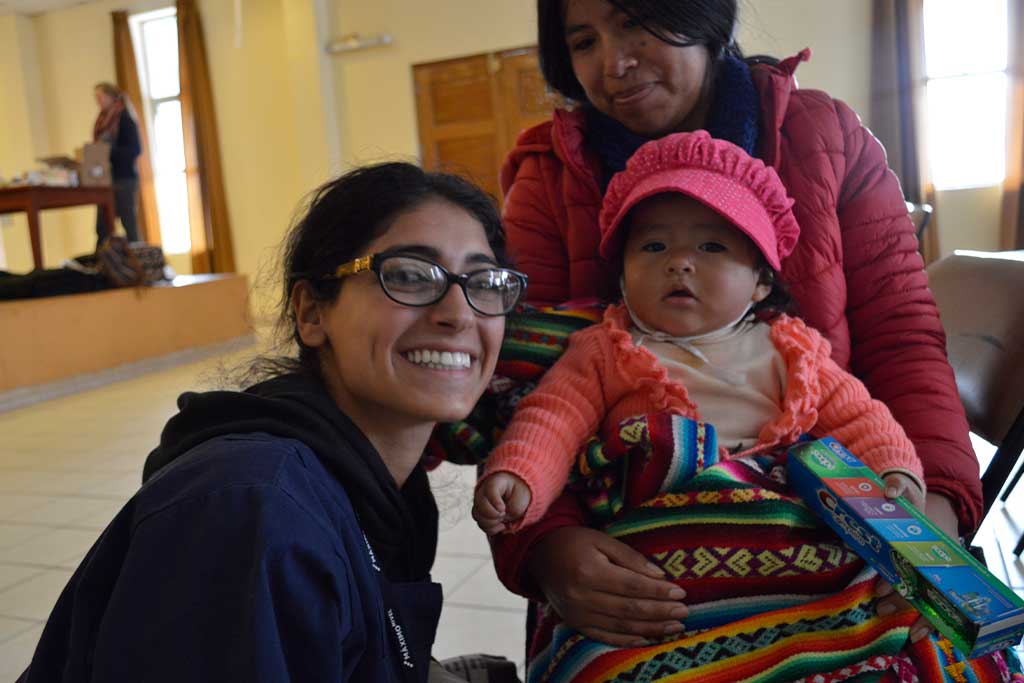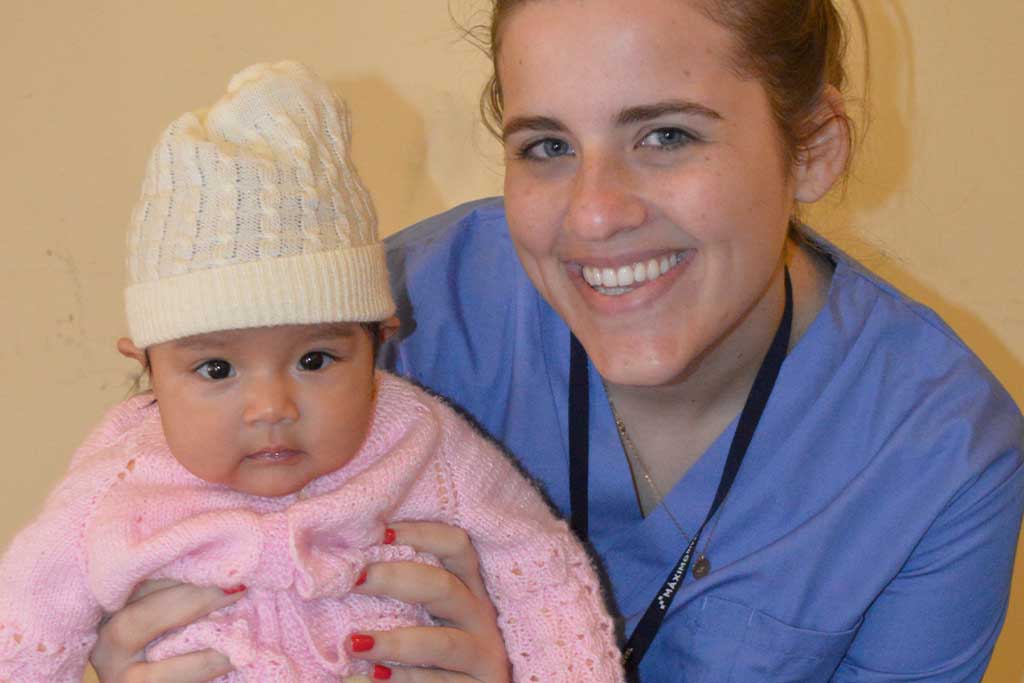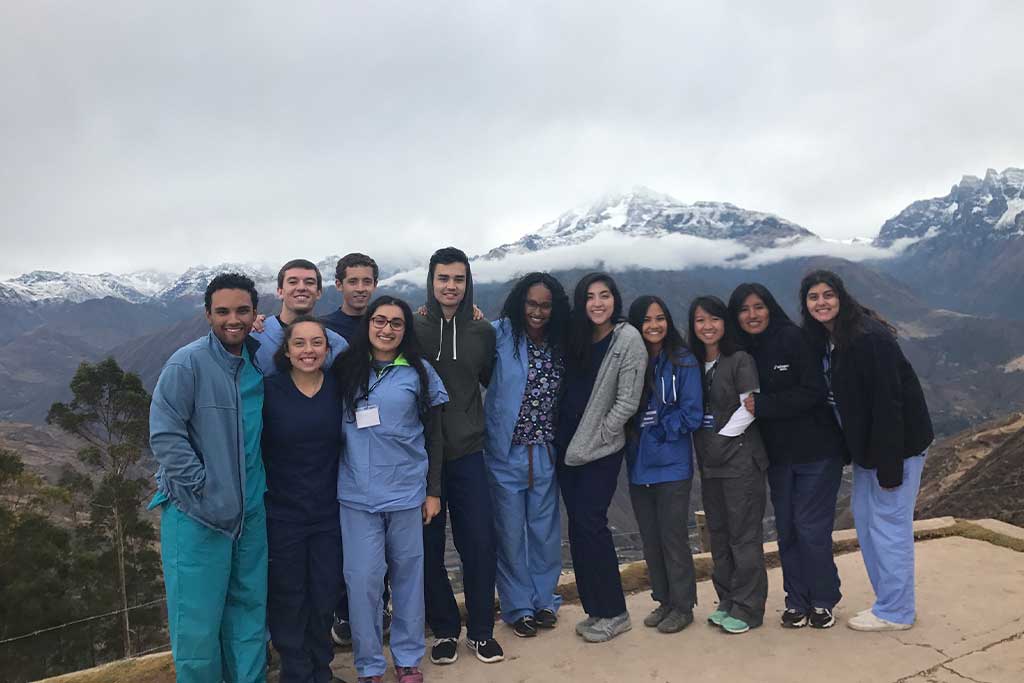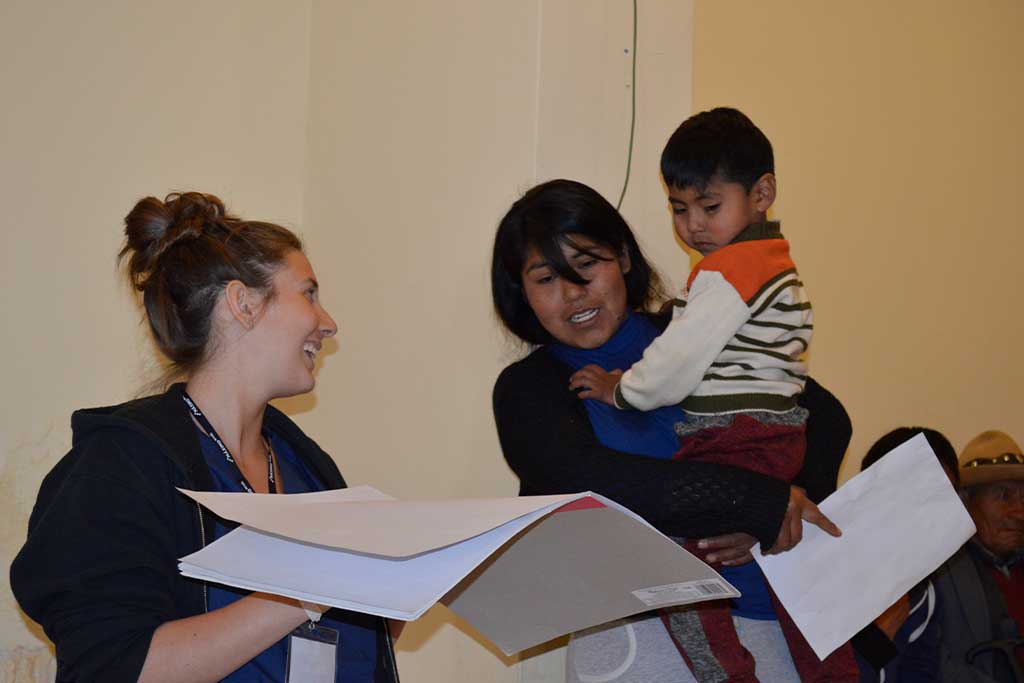Traveling had always seemed like a luxury to me. A weekend in Cabo. A Caribbean getaway. Christmas in Germany. I didn’t think that people like me got to travel internationally. There was never enough time, enough money.
I figured out that I wanted to be a nurse almost as soon as I could walk and talk. I performed daily checkups on cooperative family members with a plastic stethoscope. In high school, I volunteered at hospitals and assisted living facilities.
And for years, I’d been checking boxes to get me where I wanted to be. After nursing school, I quickly fell in love with working in the NICU. I was a new face in the field eager to learn, and I soon fell into a rhythm of long hours.
I love caring for infants, and I was picking up extra shifts as I chipped away at my student loans. Thoughts of travel rarely crossed my mind. I hadn’t studied abroad during college either because I had been so focused on fulfilling my requirements.
But then it occurred to me: travel isn’t strictly a leisure activity. There are countless reasons to go abroad, and a medical volunteer program would be a fulfilling way to experience another culture. So I began exploring opportunities!

From Pittsburgh to Peru
I was in search of an affordable destination. I also wanted to experience a foreign healthcare system and serve a community that would genuinely benefit from my help. That’s how I found Maximo Nivel’s medical volunteer programs.
Check, check, check! Before I knew it I was at the Pittsburgh airport bound for Peru. I’d spend three weeks as a healthcare volunteer in the Andean city of Cusco. Even as I sat on the plane, it hadn’t quite sunk in yet.
The nurse part I could do, but I was flying far out of my comfort zone. It was my first time traveling alone and my first time traveling outside the US. I was nervous to navigate a new country, finally putting my textbook Spanish to the test.
However, the nervous energy coursing through my veins wasn’t all negative. I was so excited! I felt very passionate about what I had set out to do. I had gotten into nursing for one reason: the patients. It didn’t matter where they were from.
Healthcare is a universal need, but some countries have far more resources than others to care for their communities. When you become a medical worker, you’re equipping yourself to serve wherever there is need. You just have to be willing to go and see.

Same Patients, New Place
As I stepped into the sprawling mountainscape of Cusco, I already felt far from the industrial surroundings of my own hometown. Women walked by in traditional Quechua clothing, some with baby alpacas in tow. It was a whole new world!
But after meeting with my field manager at Maximo, I began to feel more at ease. I would spend the coming weeks assisting in a pediatric clinic. I was pleased to be working with children—even if the environment seemed a far stretch from home.
During my orientation, I received background information about the medical field in Cusco. Even though Peru has a universal healthcare system, limited resources, outdated technology and understaffed facilities often affect the quality of patient care.
Of course, I had no control over the country’s infrastructure. I couldn’t create systemic change in my three weeks there. However, I came to really admire the clinic’s small staff and felt that I was doing my part to lighten their loads.

The staff was spread thin, so as a volunteer nurse, I played an active role in patient check-ins and consultations. Though nerve-wracking at first, interacting directly with the kids and their parents personalized my experience and gave my medical Spanish a big boost.
On an average day, I took patients’ vitals and asked the parents and children questions to ensure that medical records were kept up to date. I also helped out in the office by completing and filing patient paperwork.
I was able to shadow the OBGYN doctor on a few occasions. These appointments were especially memorable for me. I observed mothers’ ultrasounds, watching the doctor listen for their babies’ heartbeats.
The significance of welcoming a new child into the world is bigger than cultural barriers. But I also found it so interesting to think about how different these children’s lives would be. What would it be like to grow up in the Andes?

Aftershocks in America
Although some of my days at the clinic left a greater impact on me than others, no work felt unimportant. Because the staff was small and most of our tasks had to be completed manually, every bit helped.
From preparing supplies to becoming directly involved in patient care, it was so meaningful to work alongside a medical team in an international setting. I got to play a role in the community while I was there, a role I felt really mattered.
Wherever you live, chances are you will need medical attention at some point in your life. And children in particular cannot control the quality of care they receive or the resources that are available to them.
Volunteering as a nurse in Peru has definitely made me reflect on medical care in a more global context. I’ve returned to the day-to-day rhythms of working at a children’s hospital in the States, and I still love my job.
When I squeeze a child’s hand before a procedure they’re particularly scared of, I do always pause to think about the kids I worked with in Cusco. Sometimes, I worry about them and think the world is unfair.
But even though everyone does not have access to the same quality of care, I cannot change global inequality overnight. It is more constructive to continue helping my own community, and whenever possible, to look outward—to lend a helping hand.
